| Title | The Twilight Years |
|---|---|
| Director | Lily Fu |
| Country | Malaysia |
| Year of Production | 2020 |
| VDP Selection Year | Death/Life-2021 |
| Screen Time | 22min |
| Language | Malay |
| Subtitles | English/Japanese |
| Tags | Islam, Geriatric Nursing, Loneliness, Family, Elderly |
Overview
The Twilight Years (Meniti Senja) is a documentary that reflects on the breakdown of traditional family values in modern Malaysian society that are marginalizing the elderly. Age will eventually catch up with everyone and by 2030, Malaysia’s over 65 population is set to increase to 15%. Are we witnessing our own fates in a not-too-distant future? This work sensitively explores the alarming rise of the elderly being left to fend for themselves in aged care centers removed from the comfort of homes they knew and children they raised. It recounts the stories of people who were once mothers, fathers, grandparents – now slowly aging amidst strangers within the walls of a care home in Puchong and shares their heart-breaking stories of abuse, exploitation, and abandonment.
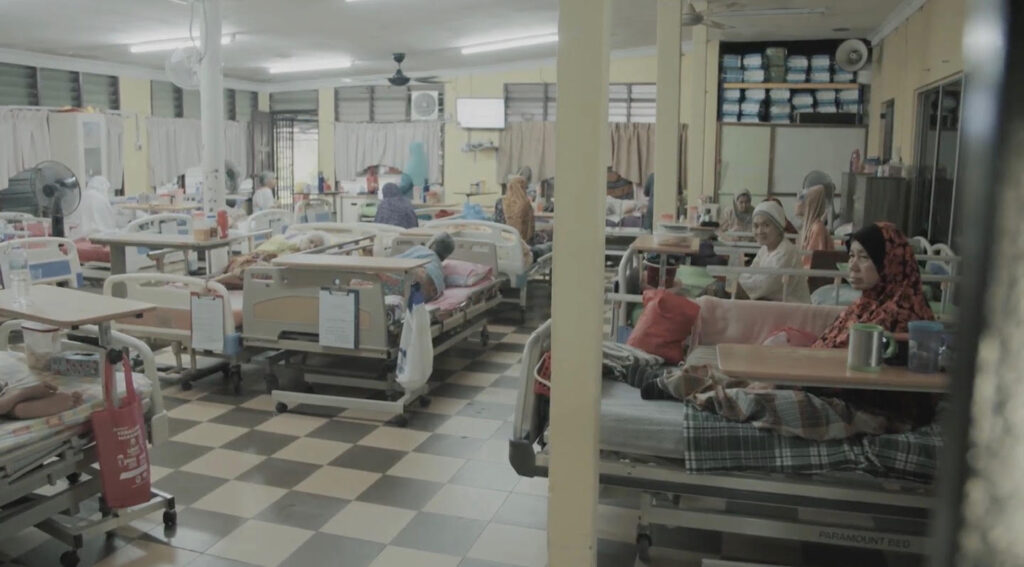
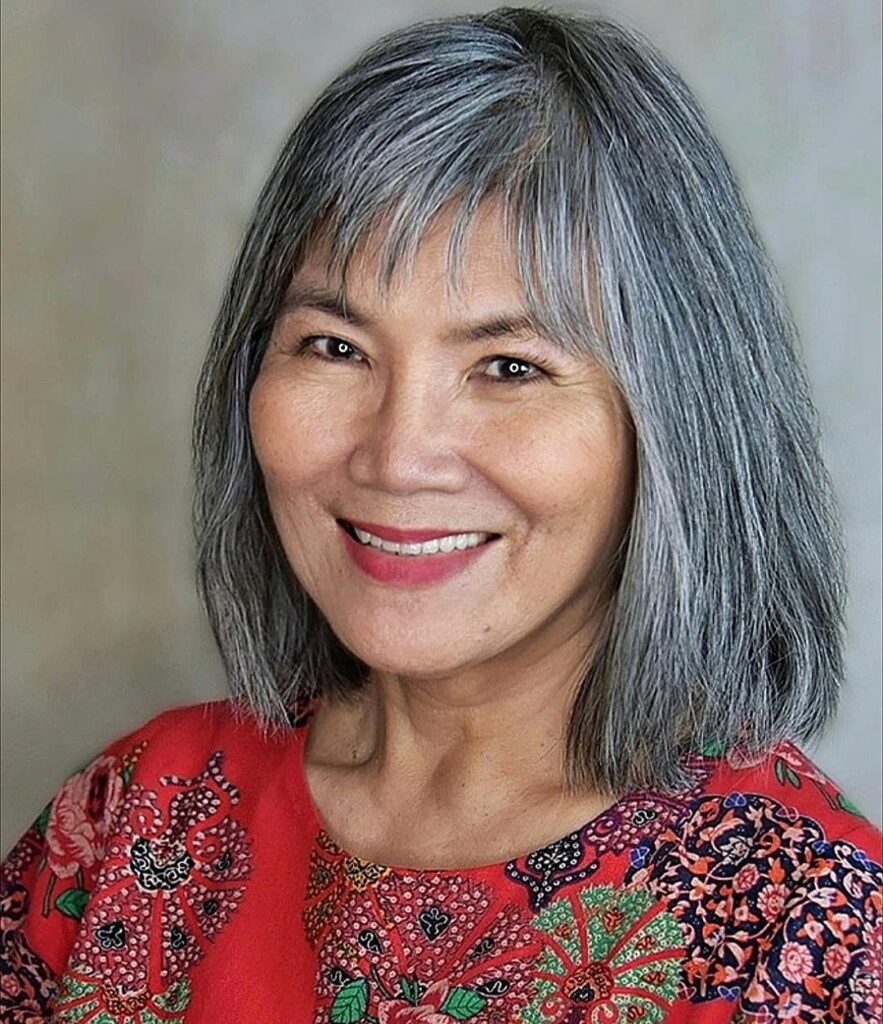
Lily Fu
Director
Lily Fu, 72-year-old first-time director of The Twilight Years and a senior citizen herself felt it was her mission to tell the stories of these elderly abandoned to their fates. Lily hopes to see her film push for policies to protect the elderly in Malaysia and create awareness about the fate of the abandoned elderly nationwide.
Interview with the Director
Why did you make this documentary?
How did you come to work on this theme?
There are currently no specific laws in Malaysia to protect the rights of older people especially those in the lower income group. With Malaysia projected to be an ageing nation by 2030, I felt an urgent need to take up advocacy for this marginalized group. I made The Twilight Years to raise awareness of issues such as neglect, abandonment, ageism, financial and physical abuse, and the lack of decent elderly housing. In delivering this message to the public and to policymakers, I decided on the visual medium as it was very effective and powerful. It has immediate impact and can be understood easily. I also wanted the film to serve as an eyeopener, a wake-up call for young adults, to remind them that everyone ages, and we should prepare for it as early as we can. I chose to film at the al-Ikhlas aged care center as it is a microcosm of many of the issues I wanted to highlight.
Commentary from the Screening Committee Members
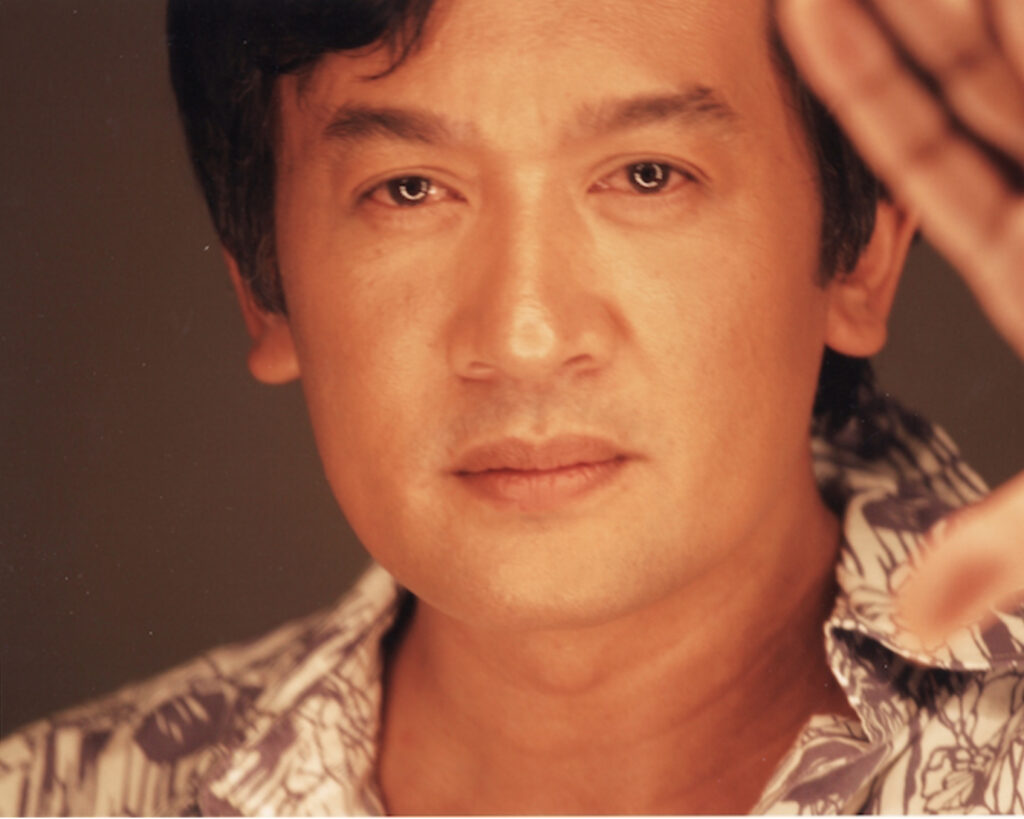
Nick Deocampo
Filmmaker / Film Historian
The Twilight Years stares directly at old-age dejection and death. No room for subtle images that would make old age look romantic in one’s eye. The subject is what it is — the gnarled fate that all humans are bound to become. Aging is a reality all must face. While the documentary’s subject shows the candid state of growing old, it wraps around its subject with warm and caring sensitivity. For the care which the hospice offers to those who are old and dejected, abandoned even by their own families, the film ably overturns the hurt and abandonment with its overflowing humanity and professional care. As death stares at the old and the sick, compassion is what makes it possible for the aged to live for another day. The documentary makes no judgment over its subjects, even while its camera looks without blinking on images of the abject and the abandoned. The unflattering images do not betray its subjects but, rather, they sear into the consciousness of viewers. They are meant to make its audience realize the condition into which all humans are subject to. Caring for the old is a way to affirm the cycle of life.
Related Films
-
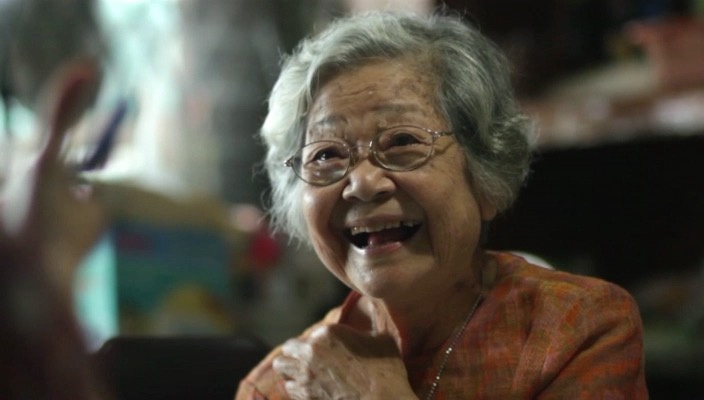
Ageing Bangkok
Population aging is becoming significant issue in Thailand, yet there is still a lack of state’s policy to develop the well-being of the elderly. This documentary focuses on the life of an old woman aged 84 named Ood, who has to fend for herself. Ood, previously an actress for films and TV commercials until the age of 62, seems independent, yet this documentary unintentionally shows her loneliness.- Country
- Thailand
- Director
- Yanin Pongsuwan
- Time
- 20min
-
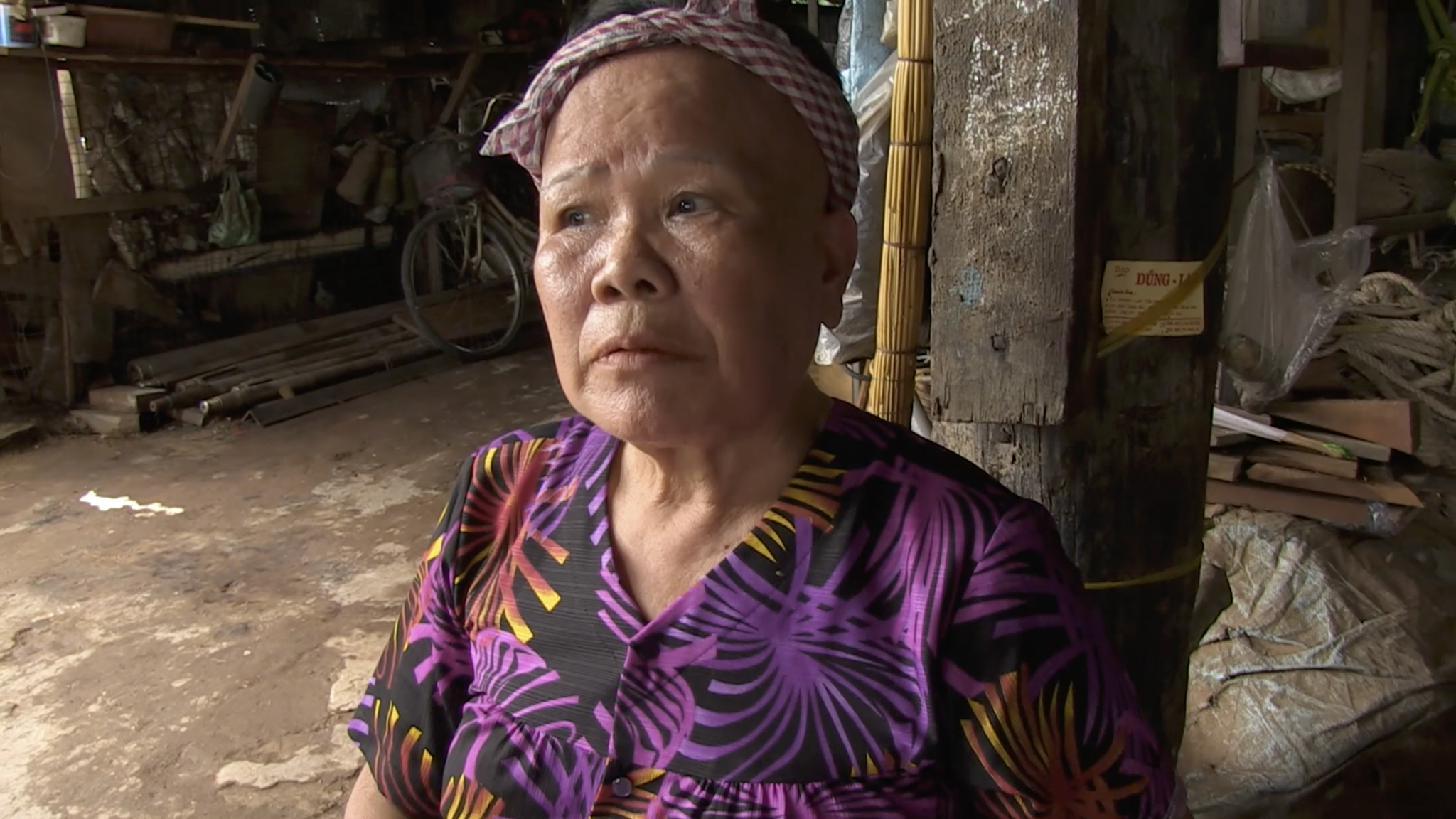
Madame Lien’s Factory
“Madame Lien” is the head of third generation of her family to take over a shipyard where traditional wooden boats are built. Existing along the banks of the Mekong River for almost a century, it has witnessed many drastic times of changes. Today, sustainable development has become a goal along the river, yet parallel to this, as cities modernize, traditional values are gradually disappearing. This documentary focuses on Madame Lien and her efforts to keep the shipyard afloat. It dwells upon how it gives her life meaning as she remembers how she fought to preserve it in the past. This documentary poignantly presents a person with compassion toward her workers, her relationship with them, and how they have trusted and followed her their whole lives.- Country
- Vietnam
- Director
- Nguyen Thu Huong
- Time
- 30min
-
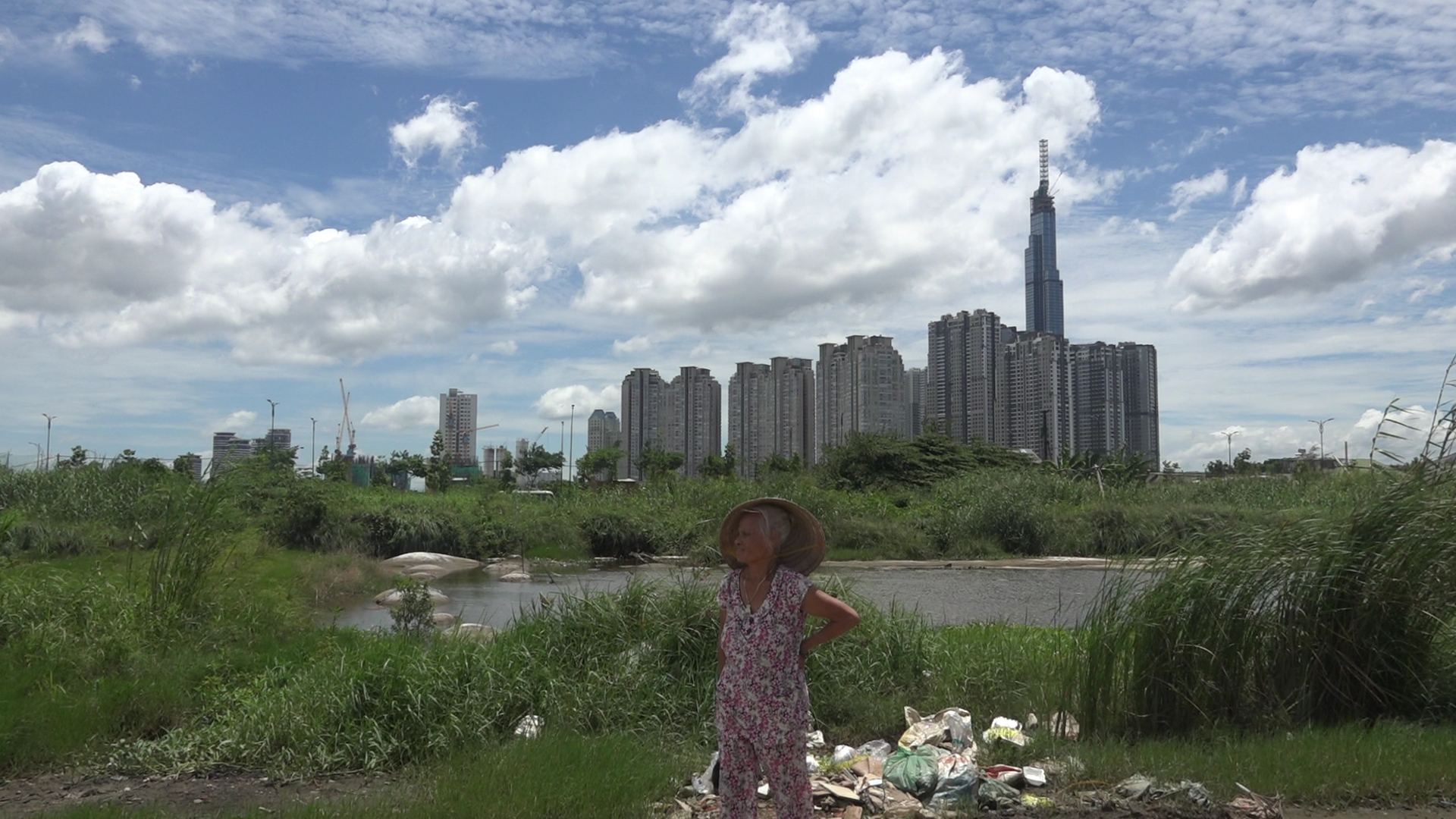
An Unquiet Land
Owning a piece of land of more than 1000 square meters in An Phu Ward, Thu Thiem, New Urban Project of Ho Chi Minh city, Mrs. Hong, age 74 was lucky enough to have her land lot spared from being razed, while her five children were not. Her only wish now is to be able to keep the land for herself and her children.- Country
- Vietnam
- Director
- Nguyen Thi Khanh Ly
- Time
- 28min
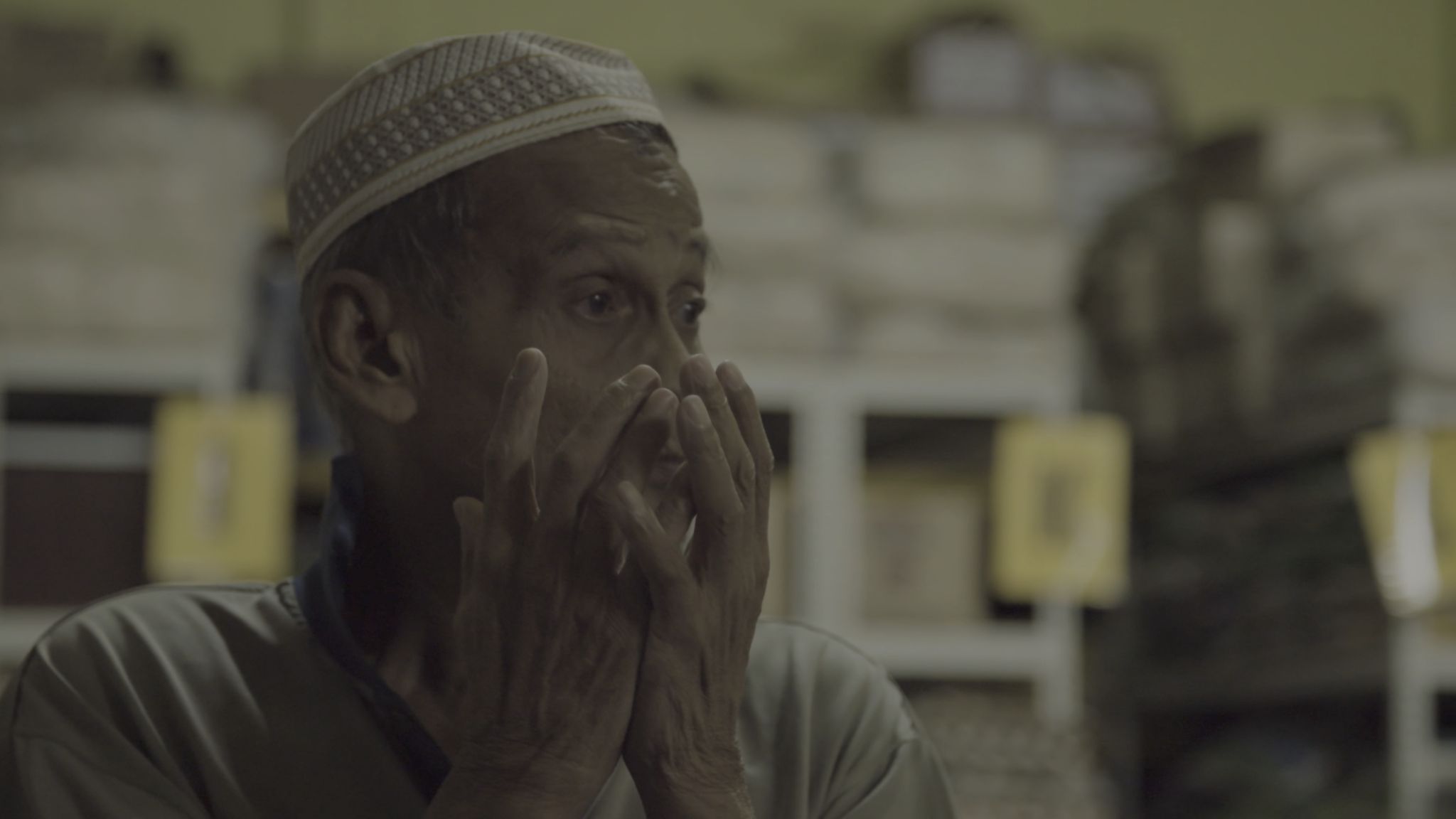
Yoko Hayami
Professor, Center for Southeast Asian Studies, Kyoto University, Cultural Anthropology
A documentary with various scenes from daily life at a private facility for elderly Muslim in Malaysia. Documentation of such a facility is valuable in itself. It mainly depicts the elderly by following the woman who founded/manages the facility. A great many of those arrive here for reasons such as abandonment by their families, loss of their homes, a lack of care and so on, are women. As in many societies in Southeast Asia, here too it is considered extremely tragic to be without family or to be abandoned by family members at an advanced age, and this is acutely felt throughout this film. I was struck by the brief scene of the elderly reading the Qur’an with the most serious and lively expressions on their faces.